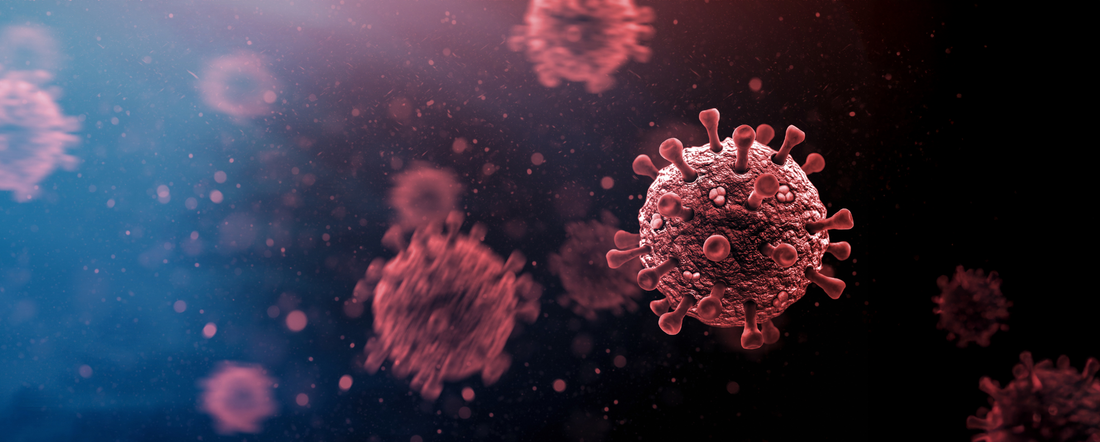
What is Monkeypox?
Share
Monkeypox is an infectious viral infection that can be spread through person-to-person by having unprotected sex, touching infected blisters, coughs and sneezes, holding hands, kissing or hugging. While everyone is being told to look out for symptoms, cases have been shown higher in the gay, bisexual and men who have sex with men (MSM) community.
Monkeypox has been shown to primarily occur in west or central Africa, and whilst there were 3,553 cases in 2022, there were only 268 new cases reported in 2024.
Monkeypox has recently been put into two separate categories; Clade I monkeypox includes clade Ia, present in central Africa as well as clade Ib, which in 2024 to 2025 has caused an outbreak in multiple countries. Clade I monkeypox was initially classified as an High Consequence Infectious Disease (HCID) early 2025, where it is no longer classified as an HCID.
Let’s find out more about the symptoms of Monkeypox, treatment and testing of Monkeypox, as well as how to protect yourself from catching Monkeypox.
What are the symptoms for monkeypox?
The symptoms of monkeypox typically start between 5-21 days after being infected with the virus, so it’s important to stay alert for any symptoms, especially if you have been in contact with someone who has monkeypox. Symptoms may include;
- A temperature
- Fever or chill
- Headache
- Muscle aches and backache
- Exhaustion
- Swollen lymph nodes
- Rash that may look like pimples or blisters (and may be confused with chicken pox). The rash may appear 1-5 days after the symptoms begin and may begin on the face before spreading down to other parts of the body, including the genitals and anus.
How is monkeypox diagnosed?
If you suspect you have monkeypox, you need to either call your GP, 111 or a sexual health clinic straight away. All calls about monkeypox will be treated sensitively, but it’s important that cases are found - monkeypox testing will then be arranged to verify the monkeypox virus.
How is monkeypox treated?
Symptoms of monkeypox are generally mild and people recover within a few weeks without treatment.
But if your symptoms become worse, you may need to go into hospital for monkeypox treatment. Those at risk of needing hospital treatment include young children, pregnant women and those that may be on treatment or have a condition that affects the immune system.
What if I’m a close contact?
Contact your local sexual health clinic who can advise on the best course of action. Government data has shown that only a small amount of close contacts have gone on to develop symptoms.
While monkeypox virus is related to the virus that causes smallpox, vaccines designed for smallpox may also provide some protection against monkeypox. Therefore, these vaccines can be given to close contacts to prevent or reduce severity of the infection. You can also;
- Avoid skin-to-skin contact, including hugging or kissing
- Refrain from sexual or intimate contact
- Avoid international travel
- Let any health professionals know in advance if you need to attend appointments
For further guidance on how to reduce the spread of monkeypox if you are a close contact click here.
How do I avoid spreading monkeypox?
It’s important if you have symptoms of monkeypox, that you self-isolate at home, limit any contact with members of your household as much as possible, refrain from intimate or sexual contact, avoid close contact with young children or pregnant women and those with an impaired immune system, do not share bedding, towels, cutlery or utensils, and any non-essential travel should be avoided with appointments rebooked at a later date.
If you do have to travel for an essential journey, wear a face-mask to prevent the spread of monkeypox, and cover any lesions or bumps with fabric, for instance scarfs or bandages.
For further guidance on how to reduce the spread of monkeypox if you suspect or have been diagnosed, click here.



